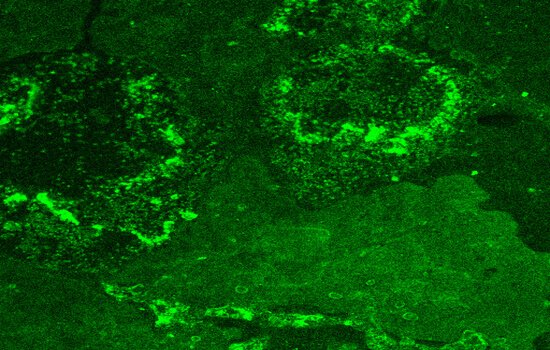Rabbit anti Human NPR-A (a.a. 294-308)[Natriuretic ...

Details
Products_type
Antibody
Latin name
Oryctolagus cuniculus
Properties
Human proteins, cDNA and human recombinants are used in human reactive ELISA kits and to produce anti-human mono and polyclonal antibodies. Modern humans (Homo sapiens, primarily ssp. Homo sapiens sapiens). Depending on the epitopes used human ELISA kits can be cross reactive to many other species. Mainly analyzed are human serum, plasma, urine, saliva, human cell culture supernatants and biological samples.
About
Rabbits are used for polyclonal antibody production by MyBioSource. Rabbit antibodies are very stable and can be stored for several days at room temperature. MyBioSource adds sodium azide and glycerol to enhance the stability of the rabbit polyclonal antibodies. Anti-human, anti mouse antibodies to highly immunogenic selected peptide sequences are" monoclonal like" since the epitope to which they are directed is less than 35 amino acids long.
Description
This antibody needs to be stored at + 4°C in a fridge short term in a concentrated dilution. Freeze thaw will destroy a percentage in every cycle and should be avoided.Antibody against the Hu protein or peptide or recombinant supplied in 1 volumes. Ask for quote if you need bulk.Peptides short amino acid chains or epitopes or blocking antagonists. The shortest peptides are dipeptides, consisting of 2 amino acids joined by a single peptide bond, followed by tripeptides, tetra peptides, ... till polypeptides that are long, continuous, and unbranched synthetic peptide chains. These biological oligomers and polymers can be Solid-phase peptide synthesis (SPPS), or in continue produced for custom peptide synthesis projects. The High-efficiency solid phase peptide synthesis (HE-SPPS) is give very low production costs.The receptors are ligand binding factors of type 1, 2 or 3 and protein-molecules that receive chemical-signals from outside a cell. When such chemical-signals couple or bind to a receptor, they cause some form of cellular/tissue-response, e.g. a change in the electrical-activity of a cell. In this sense, am olfactory receptor is a protein-molecule that recognizes and responds to endogenous-chemical signals, chemokinesor cytokines e.g. an acetylcholine-receptor recognizes and responds to its endogenous-ligand, acetylcholine. However, sometimes in pharmacology, the term is also used to include other proteins that are drug-targets, such as enzymes, transporters and ion-channels.